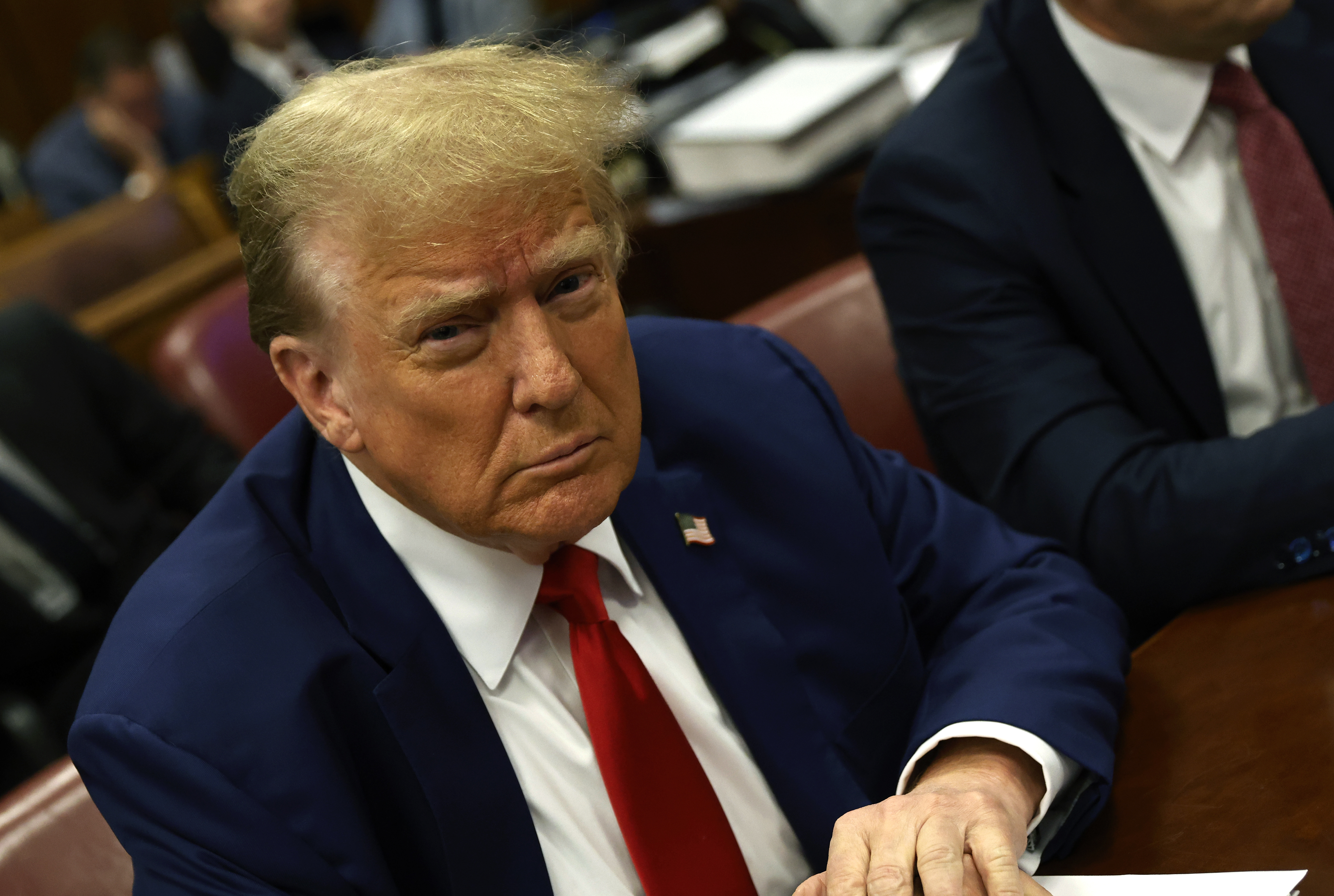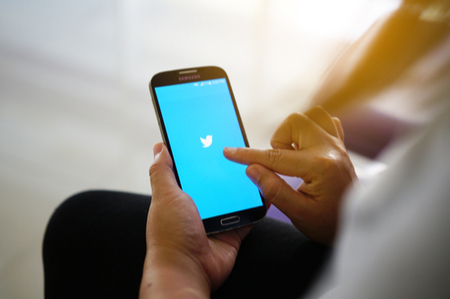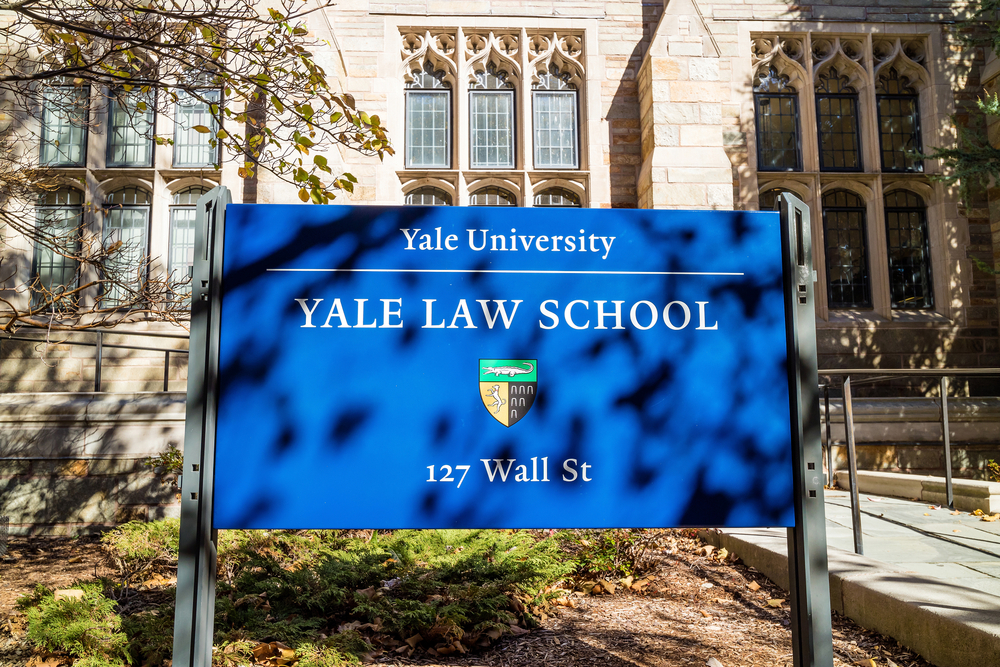Trump could make these appellate arguments after trial he calls ‘rigged’
Criminal Justice
Trump could make these appellate arguments after trial he calls ‘rigged’
June 3, 2024, 11:03 am CDT
Former President Donald Trump awaits the start of his criminal trial at Manhattan criminal court in New York on May 6. (Photo by Peter Foley via the Associated Press)
Former President Donald Trump said Friday he will appeal his hush-money election-interference conviction during a rambling speech in which he criticized the trial, the judge and the prosecution team.
Trump falsely said the trial was “rigged,” called the judge a “devil” and said the prosecution was “all done by Biden and his people,” report the New York Times (here and here) and NBC News.
ABA President Mary Smith issued a statement Thursday following the verdict.
“As the American public continues to follow this case, the American Bar Association reaffirms its commitment to the rule of law and to preserving the independence of our judicial system,” Smith said. “Our society is founded on adherence to the rule of law, and we urge people nationwide to respect the verdict. Members of the legal profession can help by enhancing public understanding of the judicial and jury process in their communities, thereby building trust and confidence in the criminal justice system.”
Trump was convicted Thursday on 34 felony counts of falsifying business records in “an enterprise” to conceal a hush-money payment to adult film actress Stormy Daniels. Falsifying business records is a misdemeanor unless it is done with an intent to commit or conceal another crime.
Trump was convicted for falsifying records to cover up violation of a “little-known state law” that bars using “unlawful means” to promote the election of any person to public office, according to the New York Times.
Trump’s appeal could focus on the “novel theory” that prosecutors “inappropriately stretched the state election law—a convoluted one, at that—to cover a federal campaign,” the New York Times reports. The theory also led to “byzantine” jury instructions that could provide another avenue for appeal.
Jurors had to find that Trump used “unlawful means” to undermine the 2016 election, but they didn’t have to agree on any single unlawful act, according to Politico.
Former federal prosecutor Arlo Devlin-Brown told Politico that the prosecution offered three different theories on how the false records could have violated state election law, and there was little instruction on the theories or their requirements.
Those problems create “a real issue for the appeal,” said Devlin-Brown, who formerly headed the public corruption unit of the U.S. attorney’s office for the Southern District of New York.
Another issue is whether the hush-money documents were part of “an enterprise” or they personally belonged to Trump, according to the New York Times.
Other issues include Judge Juan M. Merchan’s refusal to move the trial from Manhattan, New York City; his refusal to recuse himself, despite his daughter’s work for a Democratic consulting company; his decision to allow Daniels to testify about her sexual encounter with Trump; and his ruling restricting testimony by an expert witness for Trump.
Merchan had ruled that the expert could not testify on whether Trump’s conduct violated campaign finance laws. Trump’s team decided against calling the witness.
Trump has 30 days to file notice of appeal with the New York Supreme Court’s appellate division after he is sentenced July 11. If Trump is sentenced to prison, his lawyers have 120 days to file their brief. If he receives probation, the brief is due in six months.
If Trump loses his state appeal, he can seek review by the New York Court of Appeals.
The appeal could also rely on a a federal issue: an asserted First Amendment right for Trump to spend money to win the 2016 election by safeguarding his reputation, according to Steven Calabresi, a professor at the Northwestern University Pritzker School of Law, in posts here and here for the Volokh Conspiracy.
Calabresi suggests that Trump should ask for a bifurcated appeals process—one to consider the state law claims and the other to allow New York’s highest state court to quickly rule on the First Amendment claim. Calabresi’s hope is to get the First Amendment issue before the U.S. Supreme Court before the 2024 election.
“This unconstitutional trial has poisoned the ongoing federal presidential election of 2024 based on a misinterpretation of federal election law making immediate federal Supreme Court review essential,” Calabresi wrote.






